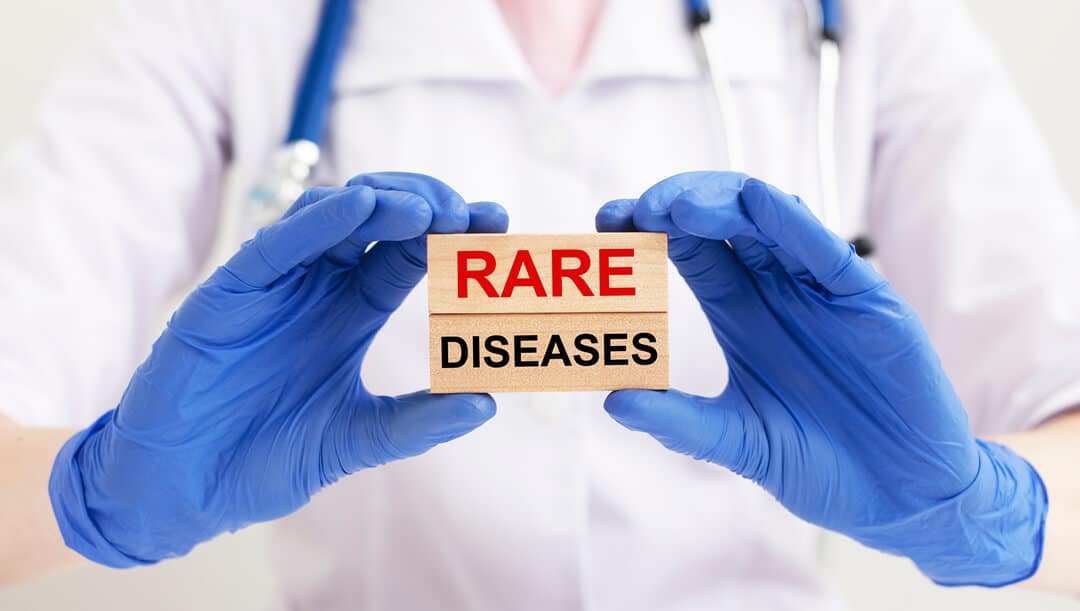Living with a rare disease can often present unique challenges, not least of which is the potential inability to work and earn a living. If you have a rare disease and deal with its impact on your daily life, you may be eligible for Social Security Disability benefits. This post aims to shed light on the process of securing these benefits while navigating the complexities of a rare disease.
What is a Rare Disease?
A rare disease, also known as an orphan disease, is a condition that affects a small percentage of the population. Often, these diseases are genetic and present at birth. They can range from mild conditions to severe disabilities and may include diseases like cystic fibrosis, Huntington’s disease, muscular dystrophy, and many others.
The symptoms and impacts of a rare disease can vary significantly from person to person, even among those with the same condition. Some people may lead relatively normal lives with their condition, while others may experience significant limitations, some of which may prevent them from working.
Rare Disease and Social Security Disability
The Social Security Administration (SSA) uses a five-step process to determine eligibility for disability benefits. If you are applying for disability benefits for a rare disease, you will go through the following process:
- Determine if you are working at or above the Substantial Gainful Activity (SGA) level as defined by the SSA in the year they file. You can find the SGA level for the year you are applying here.
- Determine if complications from your rare disease significantly limit your ability to perform basic work activities, such as:
- sitting
- standing
- reaching
- pulling or pushing
- lifting or carrying
- simple cognitive reasoning
- Determine if your issues with your rare disease meet the criteria outlined in the SSA’s Blue Book of impairments.
The SSA’s Blue Book is a list of impairments recognized as severe enough to prevent a person from working. Each listing outlines specific criteria that must be met for the condition to be considered disabling.
Here are a few examples of rare diseases listed in the SSA Book of Impairments:
- Huntington’s Disease (Section 11.17): This is an inherited illness that gradually destroys nerve cells in the brain, resulting in various movement, cognitive, and psychiatric impairments.
- Cystic Fibrosis (Section 3.04): This is a genetic disorder that damages the lungs and digestive system, leading to frequent lung issues and difficulties in digesting nutrients.
- Amyotrophic Lateral Sclerosis (ALS) (Section 11.10): Commonly referred to as Lou Gehrig’s disease, this neurological disorder damages nerve cells in the brain and spinal cord, resulting in the loss of muscle control.
- Chronic Myelogenous Leukemia (CML) (Section 13.06): This rare form of cancer begins in the bone marrow and eventually invades the bloodstream.
- Nephrotic Syndrome (Section 6.06): This is an uncommon genetic condition that affects the filtration membranes in the kidneys, potentially leading to kidney failure.
However, because there are thousands of rare diseases, not all are individually listed in the Blue Book. If your disease is not listed, the SSA can still approve you for disability benefits if your condition is as severe as a medically equivalent listed impairment and you meet the following criteria.
- Determine if you can do any work they may have done in the past despite your complications from your rare disease.
- Determine if you can do any other work based on your:
- age
- education
- prior work experience
- mental and physical capabilities
Getting Help with Your Disability Claim for a Rare Disease
Securing SSDI benefits for a rare disease can be complex due to the unique nature of each case. It’s crucial to provide comprehensive medical evidence documenting how your condition affects your ability to work. An experienced disability lawyer can be invaluable in this process, guiding you through each step and helping you present a strong case.
Brock & Stout’s disability attorneys have over 25 years of experience helping clients with rare diseases get the disability benefits they need. Contact us for a free evaluation of your situation to let us see if we can get you the help you need.

